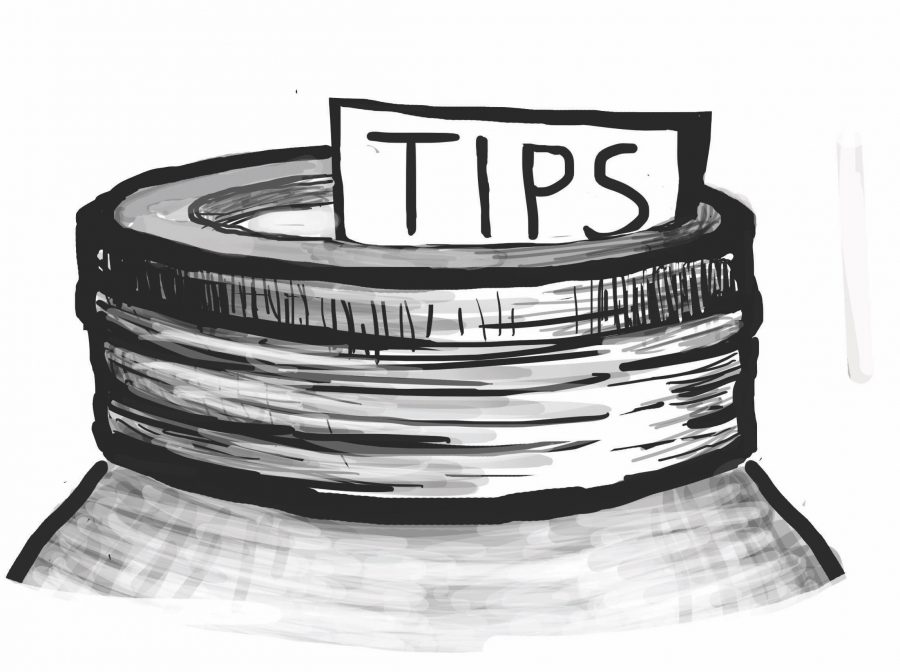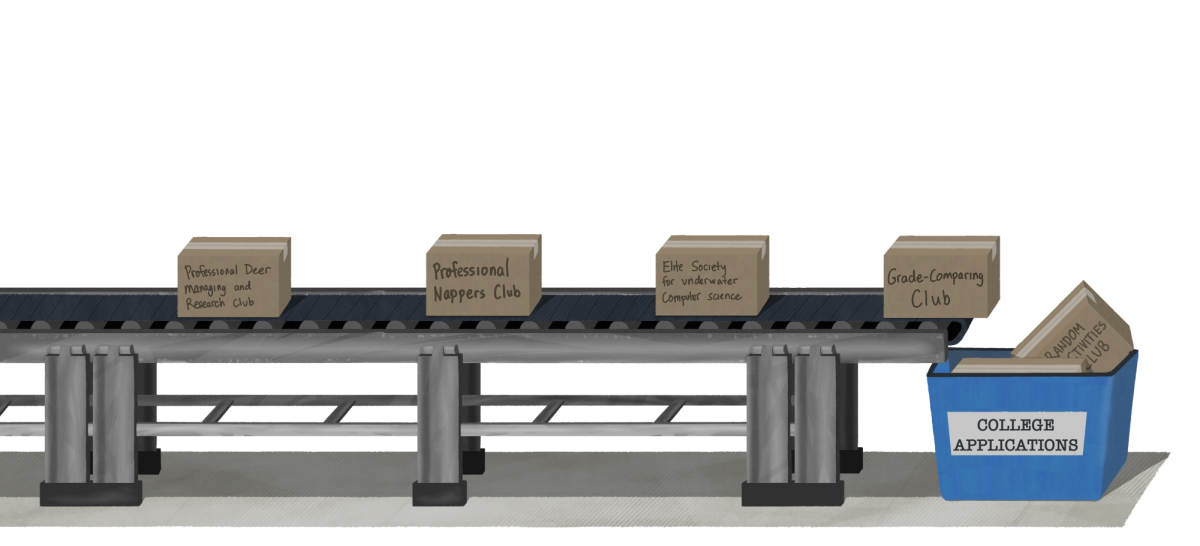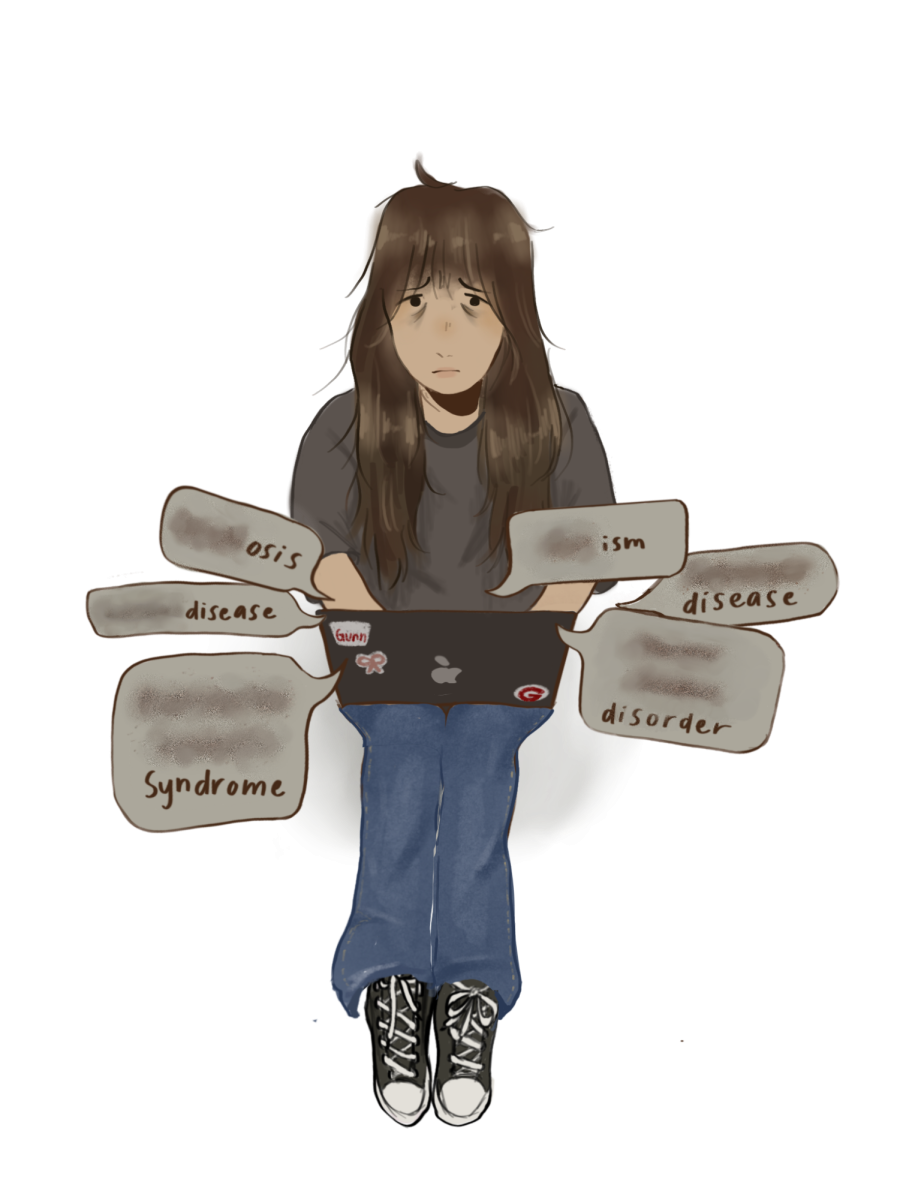Written by Ariel Pan
It’s no surprise to many of us that we will have to get a job when we grow up. A er all, that is what high school and college is supposed to prepare us for. Some people choose to get an internship that corresponds with their career path in order to develop career-oriented skills. However, taking a minimum-wage job is also a valid path to prepare for the future as it provides essential work experience and skills.
The majority of minimum-wage jobs are in the retail and food industry, where workers can be paid anywhere from $7.25 an hour, which is the federal minimum wage, to state- mandated minimum wages; California has a minimum wage of $10 an hour. By means of minimum-wage jobs, students can learn important so skills that are essential for any career path they choose to follow in the future.
One benefit of a low-paying job is that they are relatively easy to apply for. Many minimum-wage jobs have little to no technical skill requirements. is levels the playing eld so that people of any academic achievement or previous work experience can compete for the same job. This trait is especially advantageous for high schoolers who have never had a job before, providing the work experience needed in higher-level jobs. It also teaches skills needed in applying for jobs, like sending in a cover letter and re?sume? or sitting through an interview.
Wages earned through a minimum-wage job can also be saved to defray costs for college. According to studentloanhero.com, the average class of 2016 college graduate has $37,172 in student debt. Although the earnings from a minimum- wage job may not be much, if the money is placed in a bank account, it will accrue interest (the national average interest rate is 0.06 percent, according to CNN), which can add up to hundreds of dollars in the long run. Already having savings in one’s pocket can help relieve money pressures, especially if a student is also planning to attend graduate school.
College is often much busier than high school; therefore, there is not as much time to work or find a job. at said, previous work experience from a minimum-wage job in high school could make one a better candidate for some other minimum-wage job in college. Students who work minimum-wage jobs in college can reap long-term benefits from added earnings in their bank account and improved work ethic.
A minimum-wage job also teaches time management and accountability. Unlike extracurriculars or tests, work shifts cannot be changed at will, and students must be on time for every shift. Workers are expected to learn the trade very quickly and get it right as soon as possible. There is also minimum hand-holding, so workers must have the confidence and independence to make some judgment calls themselves.
Improved interpersonal communication is another bene t of taking a minimum wage job. Most minimum- wage jobs involve customer service and require skills in small talk and dealing with difficult clients in a professional manner. Because of these experiences, employees learn patience as well as stamina. In addition to improving communication with clients, a minimum- wage job can also teach students about workplace dynamics, like how to make friends with colleagues or deal with a demanding boss. These abilities can come in handy later down the road when networking and forming connections in a career where it counts.
If a year-round job seems too big of a commitment, a summer job is another way to experience a minimum- wage job. The only caveat is that businesses perhaps might not be as willing to hire short-term workers. However, there are jobs, like camp counselors, that only open in the summer as well.
Taking a minimum-wage job can help students adapt to a workplace environment and better prepare them for the future. Although these jobs may not teach specialized workforce skills, they teach social skills that are essential for the jobs they choose to take on in the future.






















